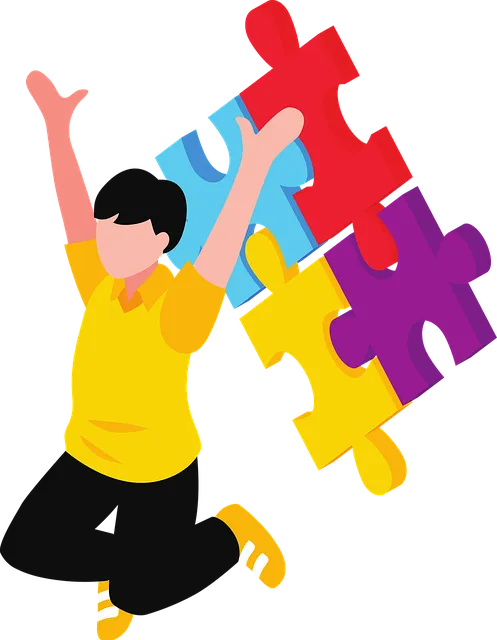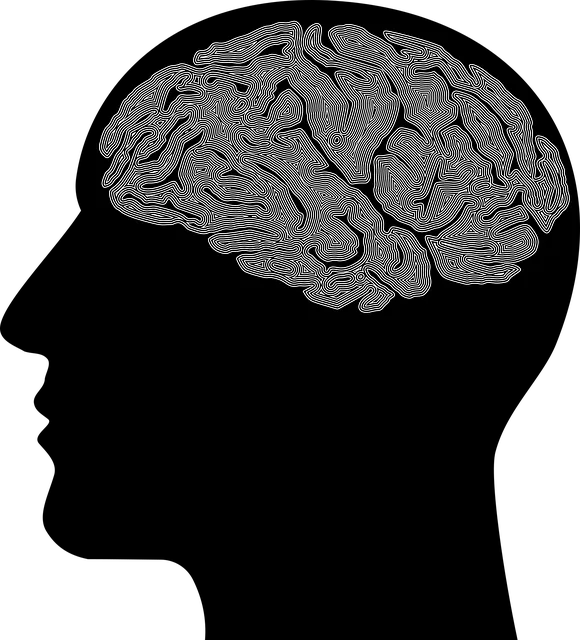Kaiser Permanente Mental Health at Greenwood Village prioritizes group facilitation for holistic mental well-being support. Through collaborative sessions, participants share experiences, fostering community and mutual support under facilitator guidance. Structured activities promote emotional intelligence, resilience, and tailored coping strategy development in a safe environment. Interactive exercises like role-playing scenarios and policy discussions enhance engagement and encourage advocacy for mental health. Effective communication techniques build trust, empathy, and inclusivity, while pre-post assessments and qualitative feedback measure program success, guiding Mental Health Education and Policy analysis.
“Mental wellness group facilitation plays a pivotal role in enhancing mental health support at Kaiser Permanente Greenwood Village. This article delves into effective techniques for facilitating groups, focusing on creating safe, inclusive environments that encourage open dialogue. We explore interactive activities, strategies for active listening, and methods to measure success. By understanding the unique benefits of group facilitation, Kaiser Permanente can continue to revolutionize mental health care in its Greenwood Village community.”
- Understanding the Role of Group Facilitation in Mental Health Support at Kaiser Permanente Greenwood Village
- Creating a Safe and Inclusive Environment for Open Dialogue
- Engaging Participants Through Interactive Activities and Techniques
- Strategies for Effective Communication and Active Listening
- Measuring Success: Evaluating the Impact of Group Facilitation Programs
Understanding the Role of Group Facilitation in Mental Health Support at Kaiser Permanente Greenwood Village

At Kaiser Permanente Greenwood Village, group facilitation plays a pivotal role in delivering comprehensive mental health support. This collaborative approach brings individuals together to share experiences, fostering a sense of community and mutual understanding. Through dynamic interactions, facilitators guide discussions that promote emotional intelligence, resilience building, and emotional regulation—essential components for navigating complex mental health challenges.
The process involves carefully curated activities designed to encourage open communication, active listening, and empathy among group members. By creating a safe, non-judgmental space, facilitators enable participants to explore their feelings, gain new perspectives, and develop coping strategies tailored to their unique needs. This holistic method enhances the overall well-being of individuals, showcasing the transformative power of group facilitation in the context of Kaiser Permanente mental health services at Greenwood Village.
Creating a Safe and Inclusive Environment for Open Dialogue

Creating a safe and inclusive environment is paramount when facilitating mental wellness groups, especially at Kaiser Permanente mental health Greenwood Village. This begins with establishing ground rules that emphasize respect, confidentiality, and non-judgmental attitudes. By fostering an atmosphere where participants feel comfortable expressing their thoughts and emotions openly, facilitators encourage the exploration of emotional healing processes and emotional regulation techniques.
Group members should be encouraged to share their experiences and perspectives without fear of criticism or rejection. Incorporating strategies for stress reduction methods can help create a supportive space. Through active listening, validating emotions, and promoting peer-to-peer support, facilitators enable participants to build resilience and cope more effectively with challenges, ultimately enhancing overall mental wellness.
Engaging Participants Through Interactive Activities and Techniques

In facilitating mental wellness groups at Kaiser Permanente mental health Greenwood Village, one of the most effective ways to engage participants is through interactive activities. These activities not only break the monotony of typical group sessions but also foster a sense of community and shared experience. Techniques such as role-playing scenarios allow members to practice coping strategies in safe, simulated environments, enhancing their resilience building skills. By actively participating in these exercises, individuals develop empathy building strategies that can improve their interactions with others both inside and outside the group setting.
Additionally, group discussions guided by mental health policy analysis and advocacy themes encourage open dialogue about societal issues impacting mental well-being. This interactive approach not only raises awareness but also empowers participants to become advocates for their own mental health and that of their communities. Through these engaging activities, facilitators can create an inclusive environment where every member feels heard, respected, and supported in their journey towards better mental health outcomes.
Strategies for Effective Communication and Active Listening

Effective communication is a cornerstone of successful mental wellness group facilitation. Facilitators at Kaiser Permanente mental health facilities in Greenwood Village leverage open-ended questions and clear, concise language to encourage participants to share their experiences and insights openly. Active listening techniques, such as paraphrasing and summarizing, help facilitators understand individuals’ perspectives better and foster an inclusive environment where everyone feels heard.
By integrating these communication strategies, mental health professionals promote a culture of trust and empathy within the group setting. This, in turn, enhances Self-Care Routine Development for Better Mental Health by encouraging participants to engage in meaningful dialogues, share coping mechanisms, and offer support to one another. Such initiatives align with the broader goal of Mental Health Awareness, ensuring that individuals walk away from these sessions equipped with enhanced communication skills and a deeper understanding of their own mental health journeys.
Measuring Success: Evaluating the Impact of Group Facilitation Programs

Measuring success is a vital aspect of evaluating the effectiveness of mental wellness group facilitation programs, such as those offered by Kaiser Permanente Mental Health in Greenwood Village. This involves employing various methods to assess the impact and outcomes for participants over time. One way to gauge success is through pre-post assessments, where individuals are evaluated before and after the program to track improvements in their mental health status, coping strategies, and overall well-being. These assessments can include standardized questionnaires designed to measure anxiety, depression, stress levels, and positive thinking.
Additionally, qualitative feedback from participants provides valuable insights into the program’s success. This may involve conducting focus groups or interviews where individuals share their experiences, challenges faced, and perceived benefits of the group facilitation process. By combining quantitative data from assessments with qualitative feedback, mental health professionals can gain a comprehensive understanding of how these programs positively impact lives, inform improvements in Mental Health Education Programs Design, and advocate for evidence-based Mental Health Policy Analysis.
Group facilitation plays a vital role in enhancing mental wellness at Kaiser Permanente Greenwood Village, as evidenced by successful programs that foster open dialogue and interaction. By creating safe spaces and employing engaging activities, participants experience improved communication and active listening, leading to measurable positive outcomes. These techniques not only support individual well-being but also contribute to a vibrant tapestry of community mental health care within the Kaiser Permanente network.






